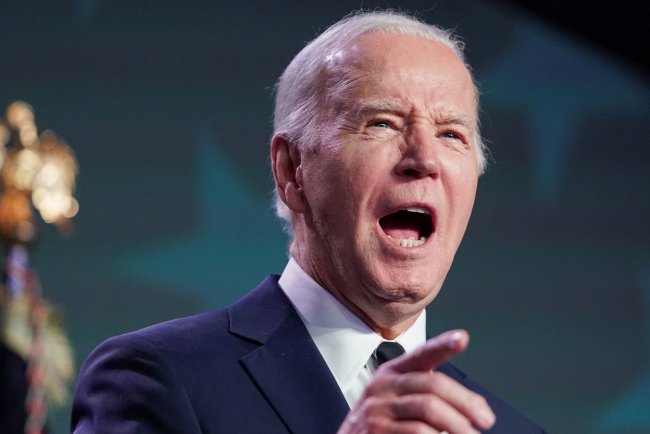Stalemate in Gaza Cease-Fire Negotiations as Ramadan Nears, Egypt Reports
Talks between Hamas and Egypt on a Gaza cease-fire and hostage release falter, with Ramadan looming.

In recent days, Cairo has been the focal point of intense negotiations aimed at establishing a cease-fire in Gaza and facilitating the release of Israeli hostages. However, Egyptian officials have confirmed that these discussions have not resulted in any significant progress, with the commencement of Ramadan—a critical juncture for reaching an agreement—fast approaching.
The ongoing conflict, which has ravaged Gaza for nearly five months, has precipitated a dire humanitarian crisis, particularly in the northern areas where access to basic necessities like food has become a struggle for survival. The urgency of the situation was underscored by U.S. President Joe Biden's call for increased aid delivery to Gaza, emphasizing that there should be "no excuse" for inaction.
Efforts by the United States, Qatar, and Egypt to mediate an agreement have focused on a potential deal wherein Hamas would release up to 40 hostages in exchange for a temporary six-week cease-fire, the liberation of certain Palestinian prisoners, and a significant increase in aid to Gaza. Despite these efforts, key issues remain unresolved, including Hamas's demands for a full withdrawal of Israeli forces from Gaza and the release of a substantial number of Palestinian prisoners, some of whom are serving life sentences for their roles in militant activities.
U.S. Secretary of State Antony Blinken highlighted the necessity for Hamas to engage constructively in the negotiations, stating that an immediate cease-fire could facilitate the return of hostages and significantly improve the humanitarian situation for Palestinians in Gaza. However, the prospects for an enduring resolution appear bleak, with both sides holding firm to their demands.
Israeli Prime Minister Benjamin Netanyahu has firmly rejected Hamas's conditions, vowing to continue military operations until the complete dismantlement of Hamas and the safe return of all hostages. This stance has contributed to a deadlock in the negotiations, further exacerbated by internal divisions within the Israeli government, as evidenced by Benny Gantz's recent visit to Washington, which drew criticism from Netanyahu.
As the holy month of Ramadan approaches, a period often marked by heightened tensions and religious significance, the urgency to reach a ceasefire agreement intensifies. However, Egyptian Foreign Minister Sameh Shoukry has cautioned against undue optimism, indicating that a resolution remains elusive.
The humanitarian toll of the conflict is stark, with reports of children dying from malnutrition and dehydration in isolated areas of Gaza. International efforts to alleviate the suffering, including food airdrops by the United States and Jordan, underscore the critical need for a ceasefire and a sustainable path forward for the people of Gaza.
In summary, the failure to achieve a breakthrough in cease-fire talks as Ramadan looms poses significant challenges for all parties involved and highlights the complex dynamics at play in the quest for peace and stability in the region.
For more insights and updates, follow our coverage at Kiksee Magazine.
Learn more about the humanitarian crisis in Gaza, understand the significance of Ramadan in the conflict, and explore the role of international mediators in peace efforts.
What's Your Reaction?






















